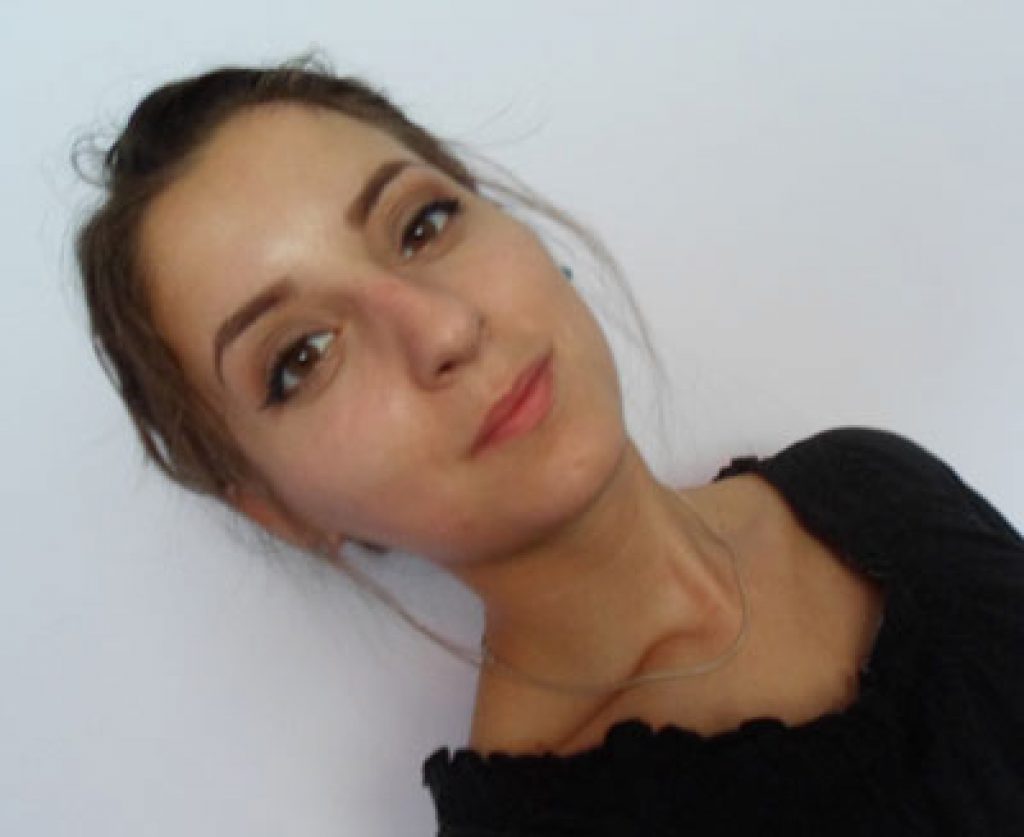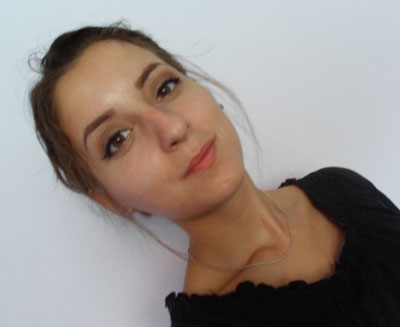Indulging in a glass of wine when flying might seem like a nice travel luxury to help you relax and fall asleep, but research suggests it may do more harm than good. According to a recent study, the lower oxygen and air pressure levels in an airplane cabin combined with alcohol consumption can negatively impact your sleep, blood oxygen saturation, and heart rate.1
What the Research Says
The study involved two groups of healthy people who spent two nights sleeping for four hours in either a sleep laboratory or an altitude chamber designed to mimic the airplane cabin environment. One night was alcohol-free, while the other involved the equivalent of two glasses of wine or cans of beer.
The combination of alcohol consumption and low oxygen concentration at high altitudes led to an increased heart rate and less oxygen in the blood. The researchers noted that not only were sleep quality and cardiovascular health poorly affected, but it also increased the length of hypoxemia, a serious health condition characterized by low oxygen levels in the blood.
Also, participants who drank spent less time in REM sleep compared to those who didn’t. REM sleep is the fourth and final stage of a sleep cycle, and it’s important for brain development, emotional processing, and memory consolidation.2
What Medical Experts Say
We spoke with Chester Wu, MD, a double-board-certified doctor in Psychiatry and Sleep Medicine, who explained, “Alcohol can significantly impair sleep quality and lead to persistent sleep issues. It impacts sleep in several ways, particularly affecting REM and deep sleep.”
Dr. Wu added “Consuming an amount of alcohol equivalent to about two standard drinks before sleep (targeting a breath alcohol concentration of 0.08 mg/L) disrupts sleep architecture by significantly decreasing REM sleep. According to a study, participants who consumed alcohol over three consecutive nights experienced increased slow wave sleep (SWS) accumulation but reduced REM sleep accumulation at the start of each night, resulting in an overall decrease in total REM sleep.”3
Tips for Sleeping Better on a Plane
The upside is that you have plenty of other ways to help you sleep better when traveling. These are some of our top recommendations to help make napping on planes easier.
1. Dress in Layers
Temperature swings are common on long-haul flights, so it’s best to wear light layers of clothes you can easily remove or add on as needed. The more comfortable you are, the easier it will be to sleep. Packing a pair of socks or a small blanket in your carry-on could help too when temps go down.
2. Turn Off Your Tech Devices
That in-flight movie might seem like a good idea, but if your goal is to sleep, it might be best to wait until after your nap to watch one. According to Harvard Health, screen devices emit a blue light that suppresses melatonin production, which can leave you feeling more alert rather than sleepy.4
3. Wear an Eye Mask
Wearing an eye mask is an easy way to block out light. This is especially true for daytime flights, though even if you fly overnight, an eye mask will help if the person seated next to you has their reading light on. Make sure you’re using a light-blocking eye mask specifically, and we recommend one that’s soothing against the eyes for added comfort, such as satin.
4. Try a Travel Pillow
A travel pillow is a compact pillow to use while traveling. You can choose from many designs ranging in size, material, and shape. If you’ve spent time in airports, you’ve probably noticed those U-shaped pillows, which are a common travel pillow design that’s easy to carry around. These can help with neck support so you don’t strain anything, especially if you’re not seated next to the window.
5. Wear Noise-Canceling Headphones
Whether it’s the jet engine or people talking, airplanes are loud. Bringing along some noise-canceling headphones or earbuds can help make the environment quieter and more suitable for sleep.
6. Avoid Caffeine
Many of us love coffee, but the caffeine in it can make you feel wide awake. If you’re going on a flight, it’s best to avoid caffeinated beverages like coffee or soda if you plan to sleep. Water is the best substitute if you’re thirsty because it will help you stay hydrated.
Conclusion
If your goal is to get in a good nap on your next flight, skipping that alcoholic beverage could be your best bet. Add on some helpful accessories like a travel pillow and eye mask, and you’ve got an ideal recipe for a relaxing in-flight snooze.
That said, sleeping on a plane isn’t the easiest thing in the world, so don’t stress too much if you can’t get some shut-eye. The good news is that you can still look forward to sleeping in your cozy hotel bed after you land.

Olivera Jancikin
Content Writer
About Author
Olivera is a content writer for Sleep Advisor and is enthusiastic about sleep. She firmly believes in the benefits of daytime naps on top of getting a full 8-hour sleep at night.
Combination Sleeper
Education & Credentials
- Certified Sleep Science Coach
References:
- Trammer, Rabea Antonia., et al. “Effects of moderate alcohol consumption and hypobaric hypoxia: implications for passengers’ sleep, oxygen saturation and heart rate on long-haul flights”. Thorax. 2024.
- Vandekerckhove, Marie. et al. “Emotion, emotion regulation and sleep: An intimate relationship”. AIMS Neuroscience. 2018.
- McCullar, Katie S. et al. “Altered sleep architecture following consecutive nights of presleep alcohol”. Sleep. 2024.
- “Blue light has a dark side”. Harvard Health Publishing. 2020.
